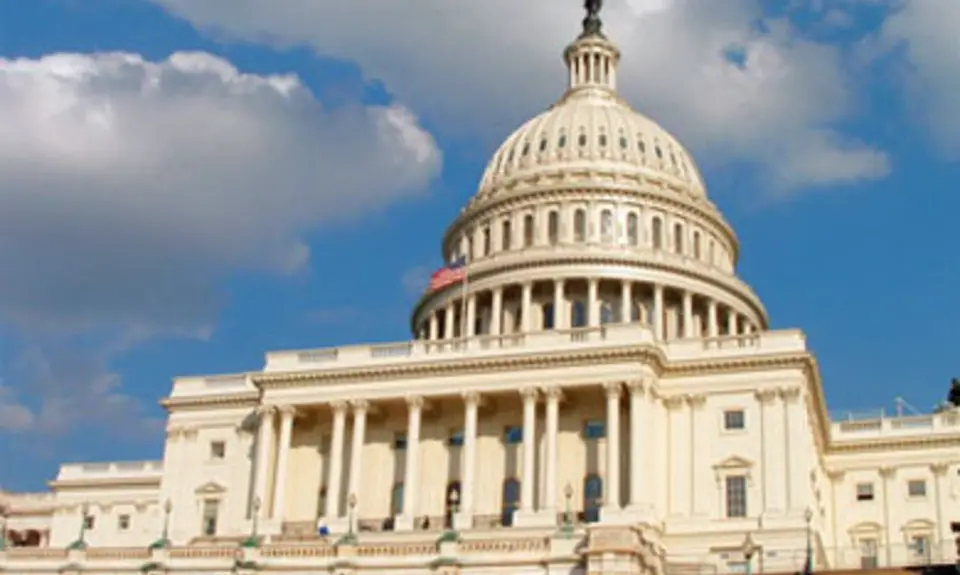During a speech to a packed audience at the University of Washington on Monday, Supreme Court Justice Sonia Sotomayor was asked by a student what problems need to be fixed in order to see more women and people of color in government.
Sotomayor’s answer, as reported by The Seattle Times, was simple: “Money.”
“Money,” Sotomayor said to laughter. “No, seriously. Look at what’s happening in politics. What’s talking the loudest is money.” For more minorities and women to gain more of a foothold in government decisions, “we’re going to have to work the political system at the highest level,” she said.
Justice Sotomayor is right. Today our country is represented by leaders who, as a whole, look little like the electorate they are supposed to represent and serve. Women are a majority of the population, and yet only make up 20% of the Senate and 18% of the House, putting us 83rd in the world for women’s political representation. We have only one openly LGBTQ person and only a handful of people of color in the US Senate – in 2012 there were no African Americans. This picture is not only problematic in itself, but it also has broad implications for policy outcomes.
It’s true that we have also seen some promising developments in political representation in recent years. The 113th Congress is the most diverse in history, with a record number of women and minorities elected, as well as a number of firsts. As the policy director for the Young Elected Officials Network, I am heartened by the changing faces of leadership at all levels of government, and what this means for our country both symbolically and substantively. But, like Justice Sotomayor, I’m also concerned that our country’s money in politics problem is standing in the way of further progress.
Much has been said lately about the impact of money in politics on political representation. At The Atlantic’s Shriver Report summit on women and poverty in January, former Speaker Nancy Pelosi noted,
If you reduce the role of money in politics and increase the level of civility in debate, more women will run for office… We say to women, we want you to go raise 12 million dollars, and by the way, subject yourself to 10 million dollars in negative publicity.
The influence of money in politics not only fuels corruption and the elevation of special and powerful interests, but it exacerbates the imbalance of power as a whole in our country by creating barriers to political representation for communities who are already marginalized. It perpetuates a system where the country is led by people who don’t understand the daily lived and embodied experiences of their constituents.
On Capitol Hill, we see the effects of this imbalance play out each day. From thwarted gun violence prevention efforts to legislation attacking women’s reproductive health voted on by committees and panels made up entirely of men, we continue to have elected leaders who side against the demonstrated wishes of its voters and with the moneyed interests.
We must pursue reforms that transform our electoral processes, even the playing field for all candidates, and restore the power to the people by reducing the outsized influence of big money and protecting the rights of voters. All indications show that we get better results for everyone when there’s diversity in governing bodies.
It’s both common sense, and a matter of basic human rights.
